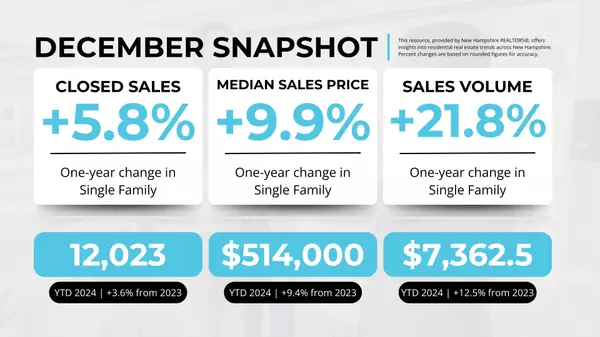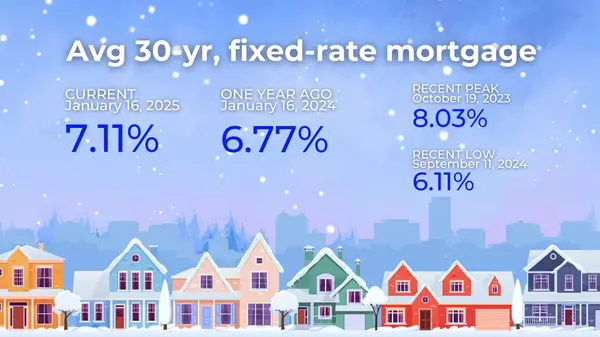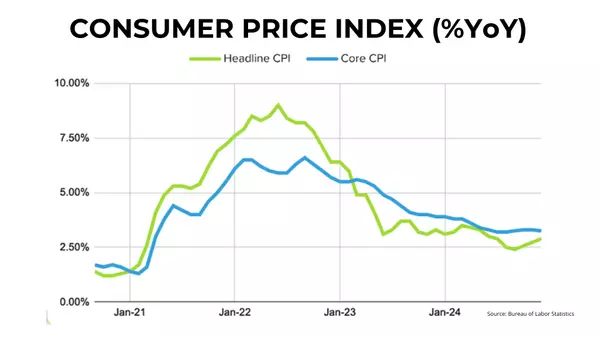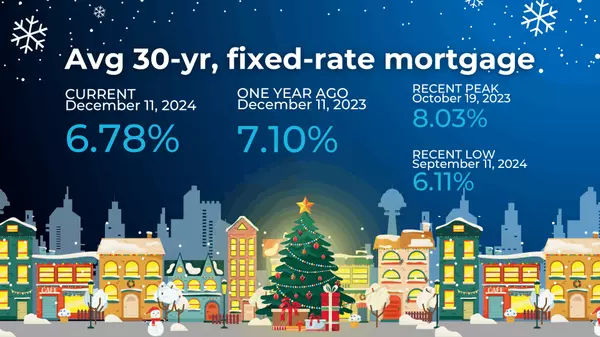Massachusetts' $5.4 Billion Housing Bond Bill: A Game-Changer for Housing Development

In a historic move, the Massachusetts state Senate has unanimously passed a $5.4 billion housing bond bill, the largest housing legislation in the state's history. This ambitious bill aims to address the ongoing housing crisis by significantly boosting housing production across the state. Here's an in-depth look at the key components and the challenges ahead.
Key Provisions of the $5.4 Billion Housing Bond Bill
- Funding and Financing:
- $5.4 Billion in Capital Spending: The bill authorizes a massive $5.4 billion to spur the production of tens of thousands of new housing units.
- Momentum Fund: A new initiative to provide lower-interest capital for housing projects, aimed at accelerating development.
- $50 Million for Seasonal Communities: This allocation addresses the unique housing needs in seasonal communities, ensuring they can support year-round residents.
- Policy Changes:
- By-Right Zoning for Accessory Dwelling Units: This statewide policy simplifies the process for homeowners to add accessory dwelling units (ADUs), increasing housing options.
- Lower Voting Thresholds for Local Zoning Ordinances: Reducing the voting threshold to a simple majority for inclusionary zoning ordinances and bylaws, making it easier to pass measures that require up to 13% affordable units.
- Sealing Eviction Records: Tenants can now seal previous eviction records in certain cases, helping them secure housing without past evictions as a barrier.
- Seasonal Community Designation: A new designation to specifically address and manage housing availability in areas with high seasonal population fluctuations.
- Addressing Barriers to Development:
- Easing Development Challenges: The bill includes measures to reduce the hurdles developers face, such as high interest rates and construction costs.
- Promoting Local Acceptance: Encourages regulatory changes and local acceptance to facilitate more housing production.
Challenges Facing Developers
Despite the significant funding and policy changes, developers continue to encounter obstacles that could impact the effectiveness of the housing bond bill:
- High Interest Rates and Construction Costs: These factors have stalled many multifamily projects, making it difficult for developers to move forward even with new incentives.
- Community Opposition: Local resistance to new housing developments remains a major barrier, capable of derailing projects entirely.
- Need for Local Regulatory Changes: The success of the bill's initiatives depends on local governments adopting and implementing the necessary regulatory changes to enable increased housing production.
Summary and Outlook
The $5.4 billion housing bond bill represents a monumental effort by Massachusetts to tackle its housing crisis through substantial funding, innovative financing options, and crucial policy changes. However, the road ahead is fraught with challenges. Developers must navigate high costs and community opposition, while local governments need to embrace regulatory changes to unlock the full potential of the bill.
If successfully implemented, this legislation could significantly increase housing availability, making it easier for residents to find affordable homes and alleviating the state's housing crunch.
The coming years will be critical in observing how these initiatives unfold and whether they can effectively address the complex dynamics of the Massachusetts housing market.
Categories
Recent Posts










GET MORE INFORMATION

